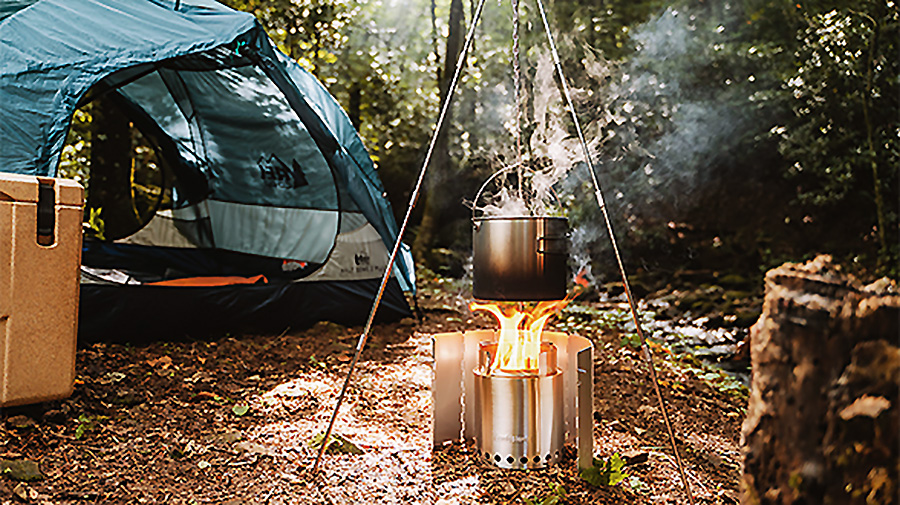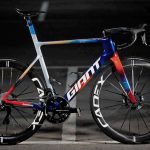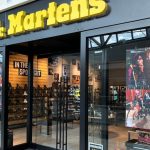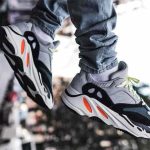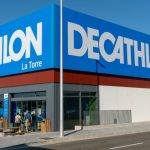Solo Brands, the parent of Solo Stove, Oru Kayak, ISLE Paddle Boards, and Chubbies apparel, filed for an initial public offering to cement its position as the “leading digitally-native DTC lifestyle disruptor” in the outdoor space.
According to the prospectus, Solo Brands was founded in 2011 when two brothers, Jeff and Spencer Jan, formed Solo Stove, still the company’s largest brand. The brother’s product focus was “seeking to bring family together in the outdoors,” while their distribution focus was selling direct, primarily through e-commerce channels. Their first success was the Solo Stove Lite, an ultralight portable backpacking camp stove that boils water in under 10 minutes using twigs, sticks and leaves. However, its breakthrough hit came in 2016 with the Solo steel stove, a virtually smokeless fire pit. Since its launch, Solo Stove has grown at a compounded annual growth rate (CAGR) of 132 percent from 2016 through the twelve-month period that ended June 30, 2021.
Solo Brands said Solo Stove’s growth and free cash flow helped support significant investments in its global supply chain and bring fulfillment, research and development, sales and marketing, and customer service in-house. This infrastructure provided an authentic end-to-end customer experience, expedited delivery nationwide, greater cost efficiencies, and redundancy in manufacturing. It also laid the groundwork for a scalable DTC platform which, coupled with the acquisitions of Oru, Isle and Chubbies in 2021, led to the formation of Solo Brands and its digital DTC platform.
“Our ‘plug and play’ digital DTC platform provides distinct competitive advantages, including an attractive financial profile and a unique ability to acquire and operate outdoor brands that broaden our product assortment and share our values of authenticity, product quality, and community,” Solo Brands said in its prospectus.
Solo Brands said that through its DTC model, a direct connection is developed with customers with real-time feedback informing its product development and digital marketing decisions. The prospectus states, “This deep connection with our customers helps to drive an attractive return on marketing spend and positions us to capitalize on a significant runway of future expansion. We believe that our DTC platform creates a flywheel effect of rapid growth, scalability and robust free cash flow generation, which, in turn, enables us to reinvest in product innovation, strategic acquisitions, marketing, and global infrastructure.”
A Leading Digitally-Native DTC Lifestyle Disruptor
The company’s digital-DTC focus was cited among Solo Brands competitive strengths. In fiscal year 2020, its four branded websites accounted for 84 percent of Solo Brands sales, including sales through third-party e-commerce marketplaces such as Amazon. DTC channels generated 92 percent of Solo Brands’ fiscal year 2020 sales.
The company’s brands also sell through wholesale channels, including REI, Dick’s Sporting Goods, Ace Hardware, Scheels, Academy Sports & Outdoors, Home Depot, Lowe’s, and Bass Pro Shops.
Beyond benefiting from “real-time customer insights,” its DTC model helps the company control pricing and brand messaging and cultivate a loyal following. Solo Brands said, “This focus on DTC goes hand-in-hand with our data-driven sales and marketing engine that leverages the power of consumer information, including intent trends, purchasing history and direct contact via email and text messaging.”
This feedback loop with customers supports a shortened innovation timeline that helps it “acquire and retain customers efficiently and deliver disruptive products to the market faster than competitors who primarily rely on strategic retail channels.”
Disruptive Innovation
A second competitive strength cited was its commitment to innovation. Solo Brands wrote in its prospectus, “We created a category with the introduction of our lightweight, virtually smokeless fire pit. We built on that success with additional high-quality products designed to reach a broad community of customers and turn everyday people into outdoor and backyard heroes. Our real-time customer feedback loop, a culture of innovation and management track record of scaling digitally-native brands, enables us to design and offer products that meet evolving customer needs, share resources, cross-market, and reduce expenses across our brands.”
Solo Brands’ prospectus cites several accolades and positive citations its brands have received in recent years and how its organization is built to quickly design, prototype and launch products. In its fiscal year 2020, approximately 18 percent of Solo Brands’ revenue was generated from products launched in 2019.
Consumer Connections
The digital DTC focus supports a two-way relationship that “creates a tremendously loyal community of customers.” Solo Brands has an installed base of more than 2.3 million customers. Its four brands generated nearly 42 million unique site visits at their respective websites in fiscal year 2020 and achieved more than 4.5 million followers on social media.
Tight connections with customers have led the company to become brand advocates. For the year-to-date period ended June 30, 45 percent of new customers were introduced to Solo Stove by a friend or family member. Solo Brands stated, “We help our customers create memorable, communal experiences. Our customers trust our brand’s commitment to improving the way they live.”
Other competitive strengths cited in its prospectus include a scalable infrastructure, including three warehouses in the U.S. and a fourth in Rotterdam, Netherlands.
The executive team has been led since late 2018 by John Merris, who previously served as chief revenue officer at Clarus Glassboards, a manufacturer of glass writing surfaces. Wrote Solo Brands in its prospectus, “John’s personal experience growing up on a ranch and his love of the outdoors perfectly aligns with the mission established by our founders.”
Solo Brands also said its business model reflected “strong sales growth, industry-leading profitability and robust free cash flow generation.” However, the company’s initial prospectus does not include updated figures to reflect its three acquisitions over the last year.
Among the figures available, the company achieved pro-forma sales of $208 million in the first six months of 2021. During fiscal year 2020, individual brand net sales for each of our currently owned brands were $133 million for Solo Stove, $44 million for Chubbies, $21 million for Isle, and $12 million for Oru. In the case of each of Chubbies, Isle and Oru, these net sales were generated before the acquisition.
Growth Strategies
Growth strategies focus on driving brand awareness given each of its four brand’s low market penetration. New product introductions and line extensions, expansion in wholesale and corporate channels, and international expansion were also cited as growth drivers.
Complementary acquisitions with a focus on digitally native brands are also planned. Said Solo Brands, “We believe Solo Brands has established itself as an acquirer of choice, providing differentiated advantages through our DTC platform. In addition, we believe our experience growing the Solo Stove brand over the last several years, and track record of partnering with founders and entrepreneurs will be attractive to future brands, which we believe we can integrate to optimize their potential and customer reach, enhance our business model, and drive sustainable and profitable growth.”
Finally, Solo Brands expects to ride overall healthy trends in the outdoors industry that has seen growth accelerated by the pandemic experience.
The prospectus cited research from P.J. Solomon that shows since 2000, the outdoor industry has delivered growth in 18 out of 20 years and has consistently outpaced GDP growth. From 2019 to 2020, consumption in the U.S. Sporting Goods and Outdoor Recreation Category grew 18 percent to approximately $220 billion and is expected to continue growing, according to P.J. Solomon.
According to a survey conducted in January 2021 by the International Casual Furnishings Association, 90 percent of consumers indicated increased appreciation for the outdoors, and 58 percent said they plan to invest in outdoor living spaces in 2021.
Solo Brands wrote in its prospectus, “We believe humans are inherently drawn to life in the outdoors. Yet, most consumers spend a vast majority of their lives indoors, a long-term dynamic which has been intensified by the sweeping expansion in digital socialization and commerce.”
Other factors supporting outdoor participation include a “reverse urbanization” trend that sees Americans increasingly moving out of urban cities towards more affordable, outdoor-friendly suburban areas. Also cited was consumers shifting away from material items to experiences, a trend also believed to be accelerated by the pandemic. Finally, Solo Brands expects to benefit from the accelerated shift to e-commerce over the last year.
Solo Brands said, “Within the outdoor and leisure recreation category, the e-commerce segment experienced the highest year-over-year growth in 2020 at 65 percent, according to P.J. Solomon. We believe that over the next 10-plus years, the shift toward online shopping and digitally-native brands will continue to disrupt traditional brick and mortar, as well as traditional consumer products. Solo Brands is well-positioned to expand its platform to include strong DTC brands that have built large and loyal followers by creating emotional connections between their customers, products, and their brand.”
The number of shares to be sold, the sellers, the projected prices, and the overall estimated proceeds were not disclosed. Proceeds will be used to purchase or redeem outstanding equity interests from its pre-IPO owners and for general corporate purposes. The company intends to trade under the symbol “DTC.”
Photo courtesy Solo Stove

